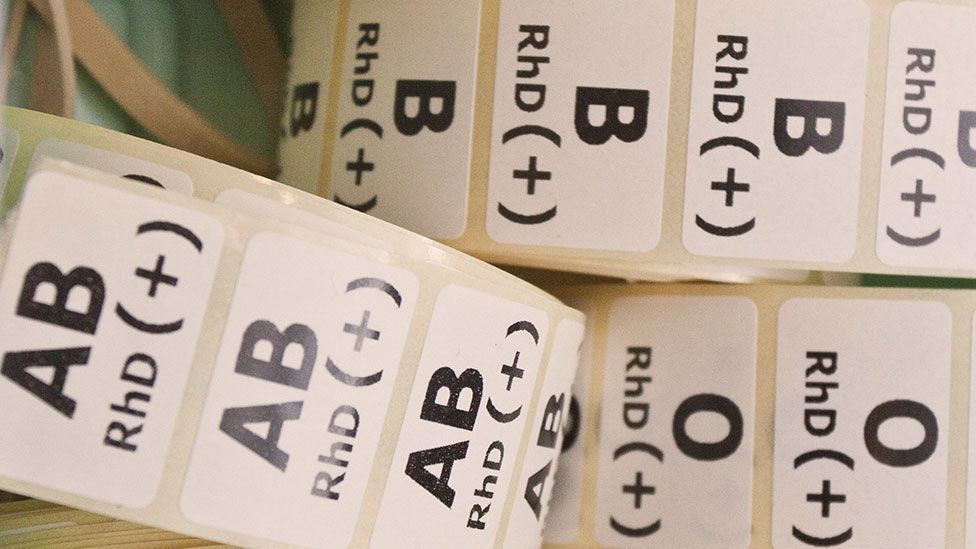Blood type A negative is one of the rarer blood types, holding unique characteristics that may intrigue those curious about the human body’s complexities. Have you ever wondered how your blood type can influence your health, diet, or even your personality? Let’s uncover some fascinating facts about A negative blood that might surprise you.
1. Rarity and Distribution
Approximately 6.5% of the population worldwide possesses blood type A negative. This statistic underscores its rarity. Geographic variations exist, with a higher prevalence in certain regions. For instance, it’s more common among individuals of European descent compared to those of Asian or African ancestry. This distribution may raise questions about ancestral lineage and historical migrations.
2. Universal Plasma Donor
While A negative blood can only be donated to individuals with A negative, A positive, AB negative, and AB positive types, it can serve as a universal plasma donor. This means that the plasma from A negative blood can be transfused to any patient in need, making it an invaluable resource in medical emergencies.
3. Compatibility in Transfusions
In blood transfusions, compatibility is crucial. A negative individuals can receive blood from A negative and O negative donors without risk of severe reactions. However, the complexity escalates with Rh factor considerations. Compatibility is essential, and knowing one’s blood type can be life-saving in emergencies. Would you be ready to face a challenge to ensure you know your type?
4. Impact on Nutrition
Dietary recommendations often vary by blood type, particularly for A negative individuals. Advocates of the blood type diet suggest that A negatives thrive on vegetarian or plant-based diets, as they may have a more sensitive digestive system. Interestingly, some believe that the immune system of A negative individuals aligns with a primarily agrarian diet. Have you adjusted your meals based on your blood type?
5. Personality Traits
Blood type is sometimes linked to personality traits in popular culture. A negative individuals are often described as sensitive, empathetic, and sociable, yet they may also exhibit introverted tendencies. These traits may stem from a complex interplay of genetics and environmental influences. Could such a notion encourage you to explore deeper insights into your personality?
6. Immune System Considerations
Individuals with A negative blood may possess unique immune responses. Studies suggest that A blood types can have a higher susceptibility to certain infections compared to other types, which leads to ongoing research in immunology. Thus, personal health strategies should consider blood type as a potential factor. Would you be willing to embrace an immunological challenge tailored to your blood type?
7. Relationship with Rh Factor
The Rh factor is a protein present in red blood cells that can either be positive or negative. A negative blood means the absence of this Rh protein, which plays a critical role during pregnancy. If an Rh-negative mother carries an Rh-positive baby, complications may arise. This highlights the importance of monitoring blood types during prenatal care. Are you prepared to take informed steps regarding health and family planning?
8. Cultural Significance
Across various cultures, blood types hold significant meaning. In some societies, specific traits are ascribed to different blood types, influencing everything from compatibility in relationships to personality assessments. The A negative trait of being perceived as peacemakers points to a broader cultural narrative surrounding blood type characteristics. Would you embrace such cultural understandings in a social setting?
9. Blood Donation and Its Challenges
Blood donation remains a critical aspect of public health. A negative blood is especially valuable yet often in short supply. Organizations continually face challenges in collecting adequate donations from individuals with this blood type. Community awareness and initiatives are vital in overcoming these shortages. How can you contribute to ensuring a steady supply and inspire others to join the cause?
10. Research and Future Implications
Research continues into the implications of blood type on various health conditions. A negative individuals may experience differential responses to diseases like cardiovascular issues and certain cancers. This opens the door for personalized medicine approaches based on blood types. Could being A negative offer insights into future health interventions?
Conclusion
Being A negative is an intriguing part of your biological identity, intricately woven into the fabric of your health, nutrition, personality, and even cultural narratives. The amount of information surrounding blood types is constantly evolving, presenting endless possibilities for exploration. Whether it be through dietary adjustments, awareness efforts for blood donation, or the profound study of health implications, there lies a challenge waiting for A negative individuals and those around them. Are you ready to delve deeper and embrace the complexities of your blood type?











